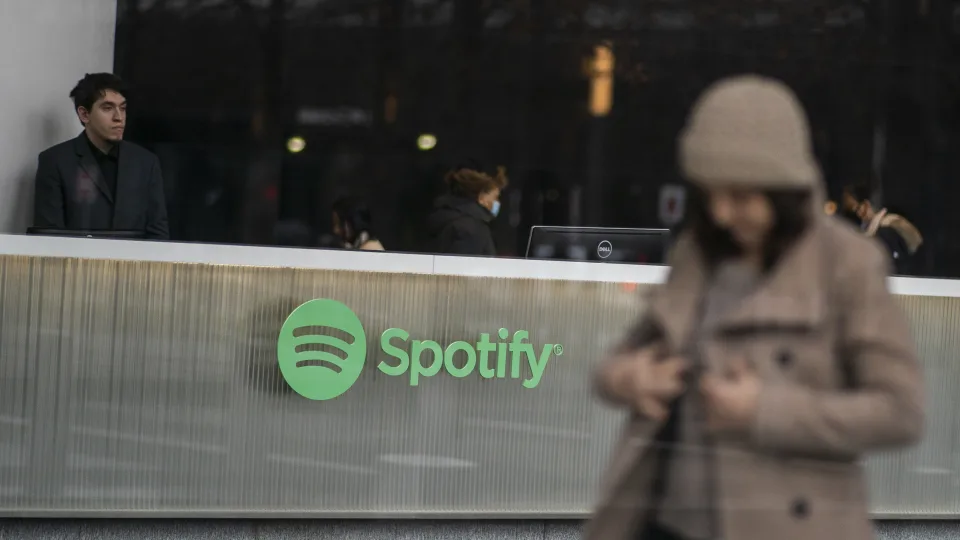Spotify is undergoing its third round of job cuts this year, with CEO Daniel Ek announcing the layoff of 1,500 employees, constituting 17 percent of the workforce, in a press release on Monday. Ek explained that these cuts are a response to the “challenges ahead,” opting for an immediate reduction instead of gradual, smaller cuts over time. Affected employees will receive notifications later today.
Despite the recent positive earnings report and overall company performance, Ek acknowledged that the magnitude of this reduction might seem surprisingly large. He revealed that the decision to make substantial cuts now, rather than smaller reductions throughout 2024 and 2025, was driven by the significant gap between their financial goal state and current operational costs. While Ek is confident that this move is necessary for the company’s objectives, he recognizes the substantial impact it will have on the team.
Ek highlighted the company’s substantial expansion in 2020 and 2021, attributed to the lower cost of capital. While these investments contributed to increased output and robust growth, the cost structure is still deemed too large. Despite previous reductions, including a 6 percent workforce reduction early in 2023 and an additional 2 percent in May, Ek emphasized that further adjustments are needed to align with their financial objectives.
After the recent rounds of layoffs, Spotify, which initially had around 9,000 employees, is now implementing further cuts that will result in approximately 1,500 employees losing their jobs (with 4,300 of those jobs located in the US as of 2022). To mitigate the impact, CEO Daniel Ek assured that Spotify will provide an average of five months’ severance pay, cover healthcare during that period, and offer immigration/career support.
In positioning the company for its next phase, Ek emphasized that “being lean is not just an option but a necessity.” Recently, Spotify introduced a revamped royalty model aimed at giving a larger share to “working artists” while addressing issues related to fraudulent streams.
Despite consistent growth since its launch, Spotify, with 574 million monthly active users (a 26 percent increase from the same period last year), has struggled to turn a profit, with the last quarter being a rare exception. Ek promised more details about the implications of these changes “in the days and weeks ahead,” but for employees facing sudden unemployment just before the holidays, such assurances may offer little solace.




